The Ship That Flips!
Imagine you’re sailing on a ship, the sun is shining, the waves are gentle… and suddenly, the entire vessel starts tilting backward like a sinking submarine! Panic? Nope. If you’re aboard the RP FLIP, this is just another day at work.

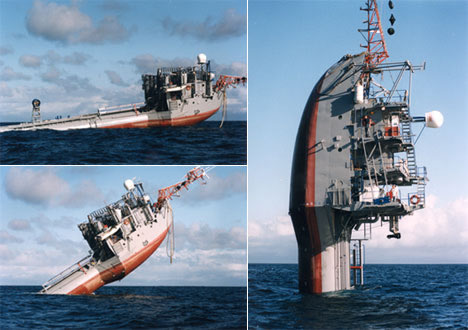
The Floating Instrument Platform (FLIP) is not your average research ship—it’s the ultimate party trick of oceanography. Built in 1962 by the U.S. Navy and Scripps Institution of Oceanography, FLIP was designed for one thing: flipping! Unlike normal ships, it can stand vertically in the water, like a giant floating thermometer. How? Well, about 90% of its 108-meter (355-foot) length is just a hollow, ballast-filled tube. To “flip,” the crew floods the rear compartments with water, and slowly—over the course of 20–30 minutes—the ship tips up until it’s completely vertical. It’s like watching a giant whale doing a slow-motion backflip, except it never falls over.
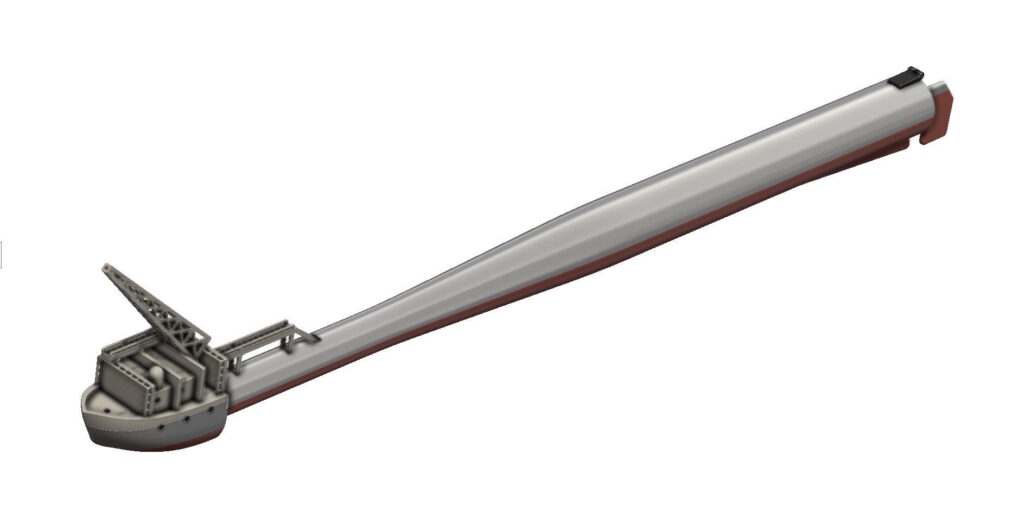
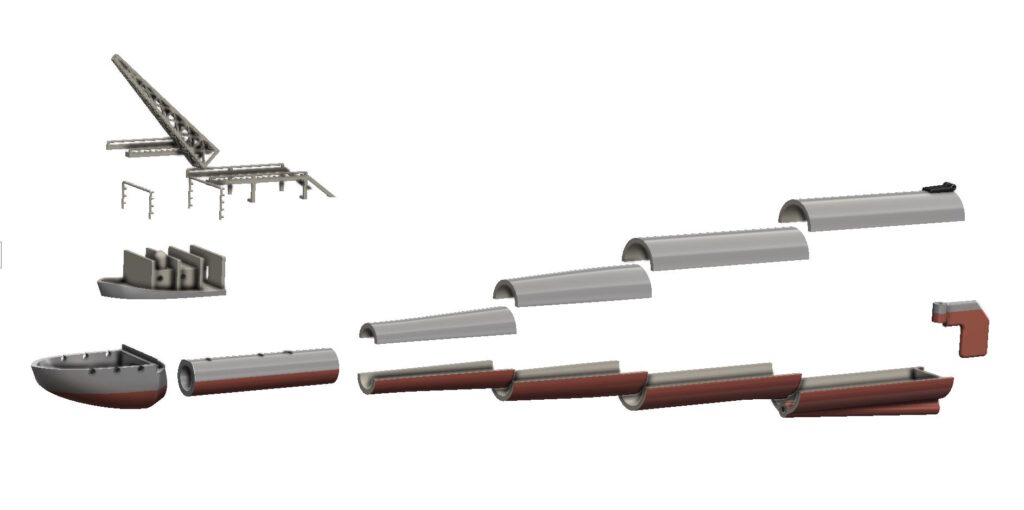
We also have a high-poly version with interlocking details and bulkheads between parts for easier printing-assembly and stronger model. Convertable to RC. You can get it from here.
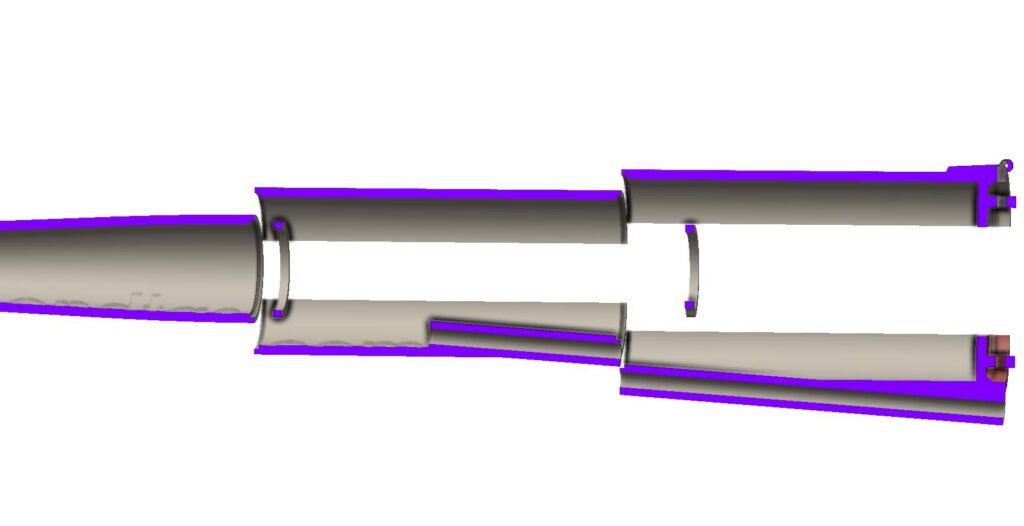
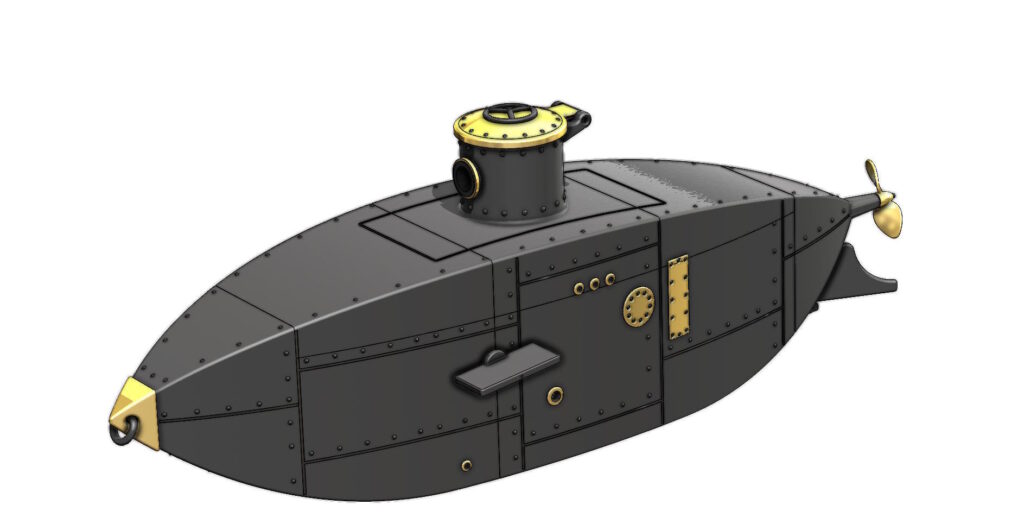
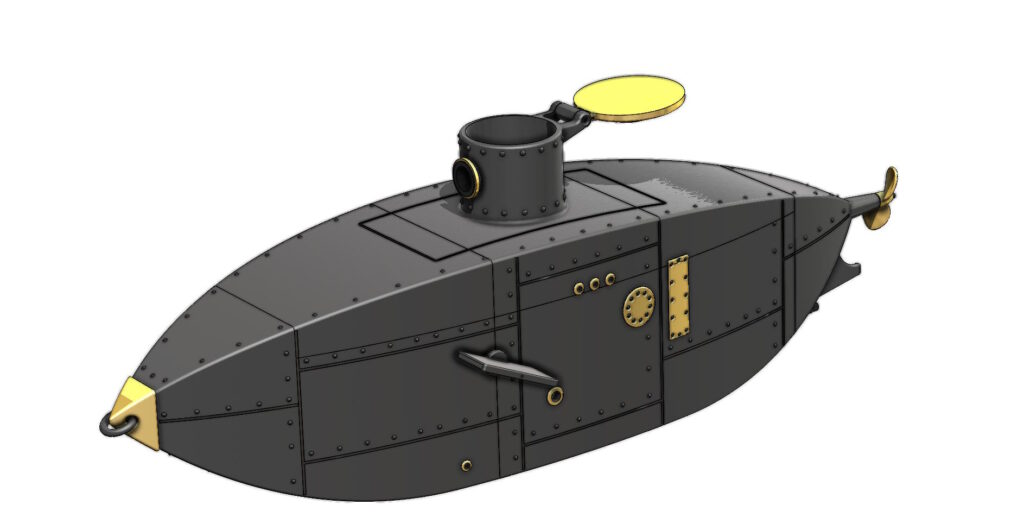


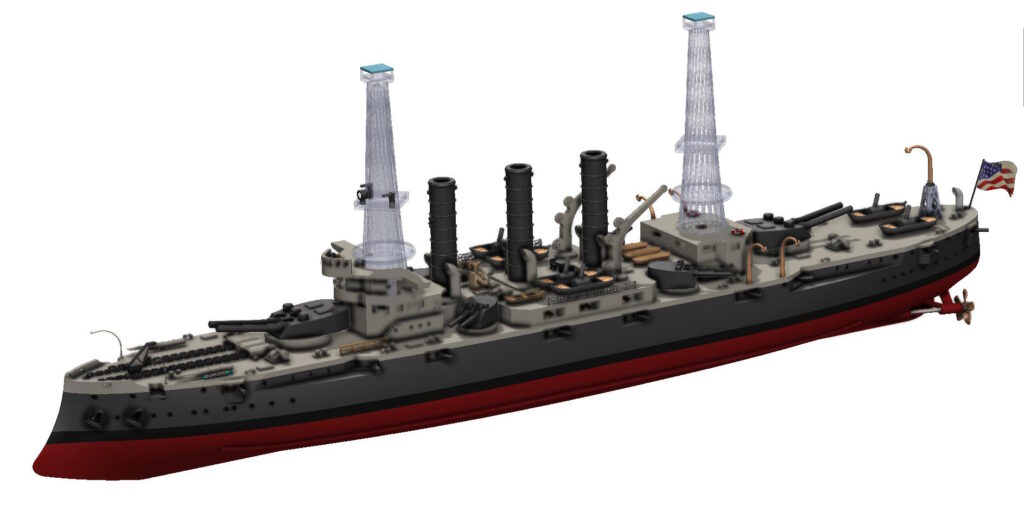

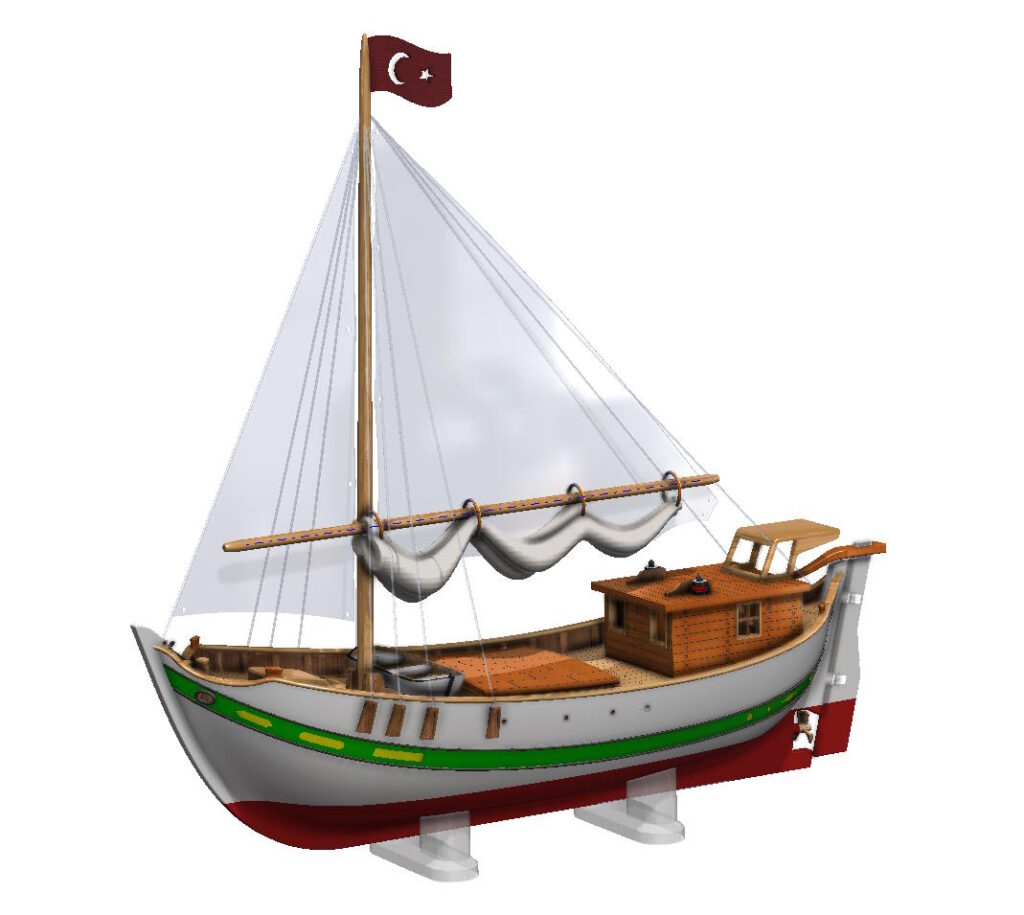
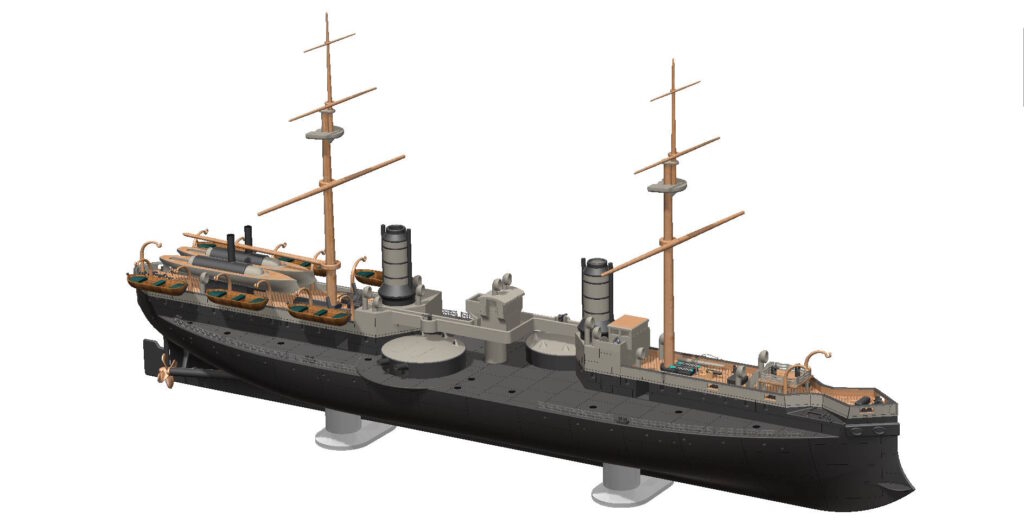
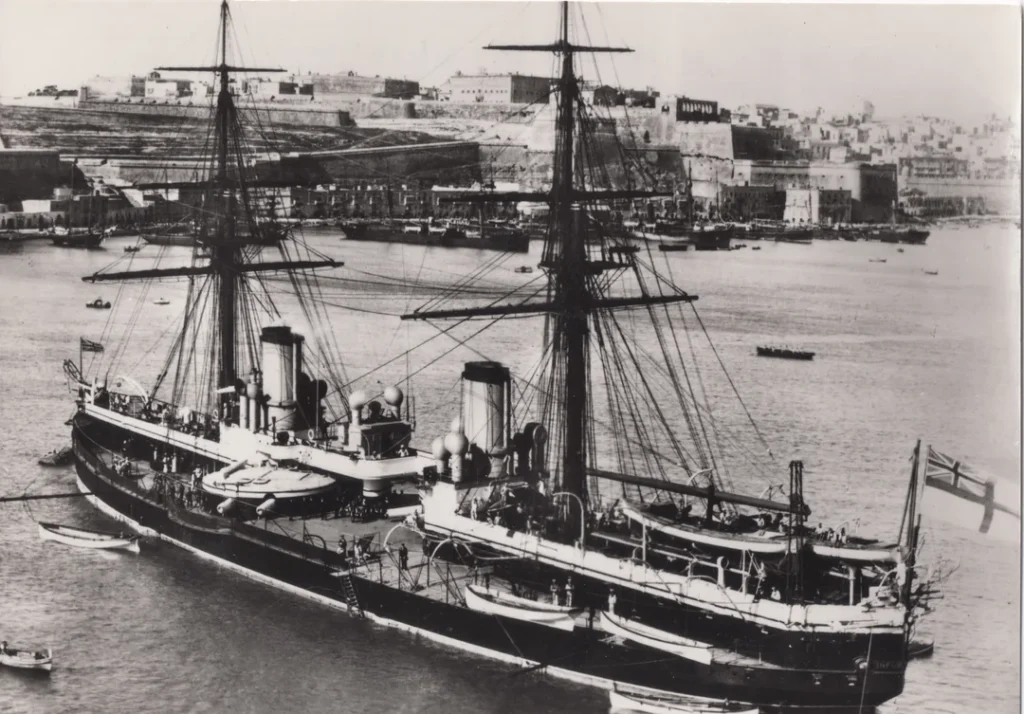

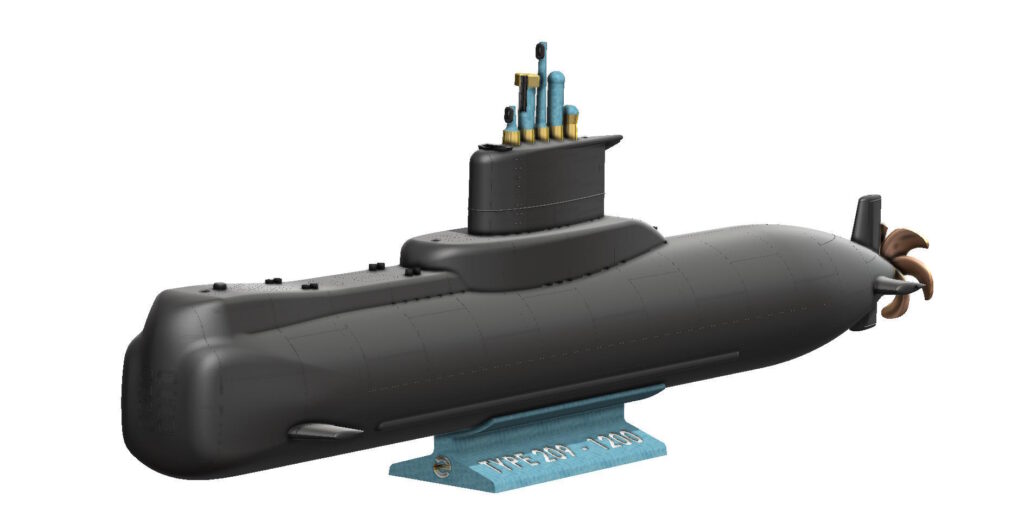







 Users Today : 15
Users Today : 15 Users Yesterday : 105
Users Yesterday : 105 Users Last 7 days : 609
Users Last 7 days : 609 Views Today : 46
Views Today : 46 Views Yesterday : 316
Views Yesterday : 316 Views Last 7 days : 2160
Views Last 7 days : 2160 Total views : 1291288
Total views : 1291288 Who's Online : 0
Who's Online : 0